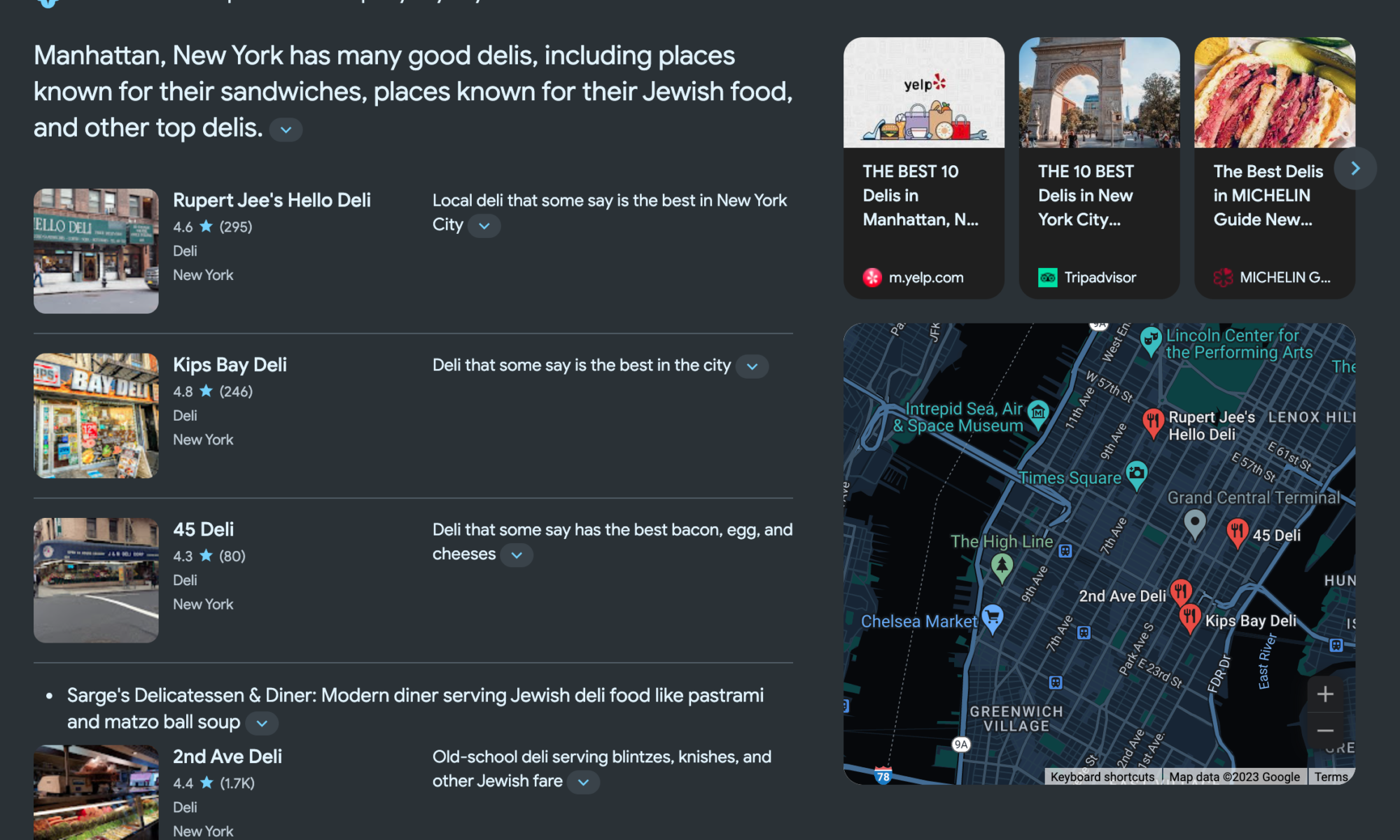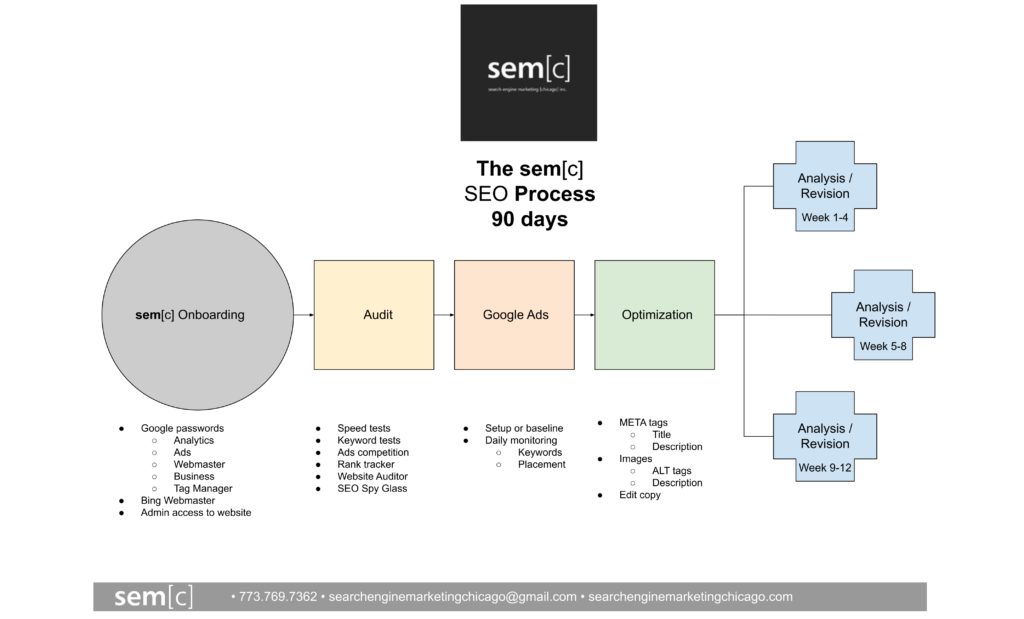Generative Engine Optimization (GEO) is the strategy of optimizing content for visibility in AI-generated search results, rather than traditional search engine results, focusing on how AI models process and prioritize information. [1, 2, 3]
Here’s a more detailed breakdown: [4, 5, 6]
- A New Approach to Search Visibility: GEO is emerging as a crucial strategy for businesses to ensure their content is prominent in AI-driven search engines like Google’s AI Overviews, ChatGPT, and Perplexity. [4, 5, 6]
- Beyond Traditional SEO: While traditional SEO focuses on ranking in search engine results pages (SERPs), GEO aims to influence how AI models generate responses and cite sources. [2, 7]
- Optimizing for AI: GEO involves understanding how AI models process and prioritize content, and then tailoring content to be more appealing and relevant to these models. [2, 3]
- Examples of AI-driven search engines: Google AI Overviews, ChatGPT, Perplexity, and Google Gemini. [4, 5, 6]
- Content Quality and Relevance: Similar to traditional SEO, GEO emphasizes creating high-quality, relevant, and engaging content that directly addresses user intent. [1, 8]
- Structured Data: Utilizing AI-friendly structured data can help AI models understand and process content more effectively. [8, 9]
- Conversational Language: Employing conversational language and providing direct answers, lists, and actionable advice can improve the user experience and make content more appealing to AI. [9, 10]
- Long-Tail Keywords: Focusing on long-tail keywords that reflect user intent can help AI models understand the context of a query and prioritize relevant content. [9, 10]
- Citations and Authority: Referencing credible sources and incorporating authoritative quotes can help establish credibility and make content more trustworthy in the eyes of AI. [9]
- Content Freshness: Regularly updating content to ensure it remains current and relevant is important for both SEO and GEO. [9]
- Increased Visibility in AI-Generated Responses: By optimizing content for AI, businesses can increase their chances of being featured in AI-generated responses and recommendations. [4, 7]
- Enhanced User Experience: GEO can help provide personalized, context-rich content that meets user needs, leading to better engagement and a more satisfying user experience. [1, 9]
- Improved Brand Authority: By creating high-quality, data-driven content and optimizing for search visibility, brands can enhance their relevance and authority in the new search ecosystem. [11]
- Targeted Traffic: GEO can help attract more targeted traffic to a website by ensuring that content is visible to users who are actively searching for information related to a specific topic. [4]
- SEO: Focuses on optimizing content for traditional search engines like Google and Bing, aiming to improve ranking in SERPs.
- GEO: Focuses on optimizing content for AI-driven search engines and AI-generated responses, aiming to increase visibility in these new search ecosystems.
- Complementary Strategies: While SEO remains crucial for traditional search visibility, GEO is becoming increasingly important for AI-driven searches, and both strategies can be used in conjunction to maximize online visibility. [12, 13]
sem[c] will always use the latest techniques to make your business show up online.
[1] https://mailchimp.com/resources/generative-engine-optimization/
[2] https://searchengineland.com/win-generative-engine-optimization-seo-443965
[3] https://responsory.com/blog/what-is-generative-engine-optimization/
[4] https://martech.org/generative-engine-optimization-what-you-need-to-know/
[5] https://www.seerinteractive.com/insights/what-is-generative-engine-optimization-geo
[6] https://exposureninja.com/blog/generative-engine-optimisation/
[7] https://foundationinc.co/lab/generative-engine-optimization
[8] https://surferseo.com/blog/generative-engine-optimization/
[9] https://searchengineland.com/generative-engine-optimization-strategies-446723
[10] https://aioseo.com/generative-engine-optimization-geo/
[11] https://builtin.com/articles/generative-engine-optimization-new-seo
[12] https://seo.ai/blog/generative-engine-optimization-geo-vs-search-engine-optimization-seo[13] https://writesonic.com/blog/geo-vs-seo





![sem[c] perfect SEO performance](https://searchenginemarketingchicago.com/wp-content/uploads/2023/12/Screenshot-2023-12-05-at-11.29.04 AM-2000x904.png)




![SEO coaching by sem[c]](https://searchenginemarketingchicago.com/wp-content/uploads/2023/02/conversations-copy-2000x1200.webp)
